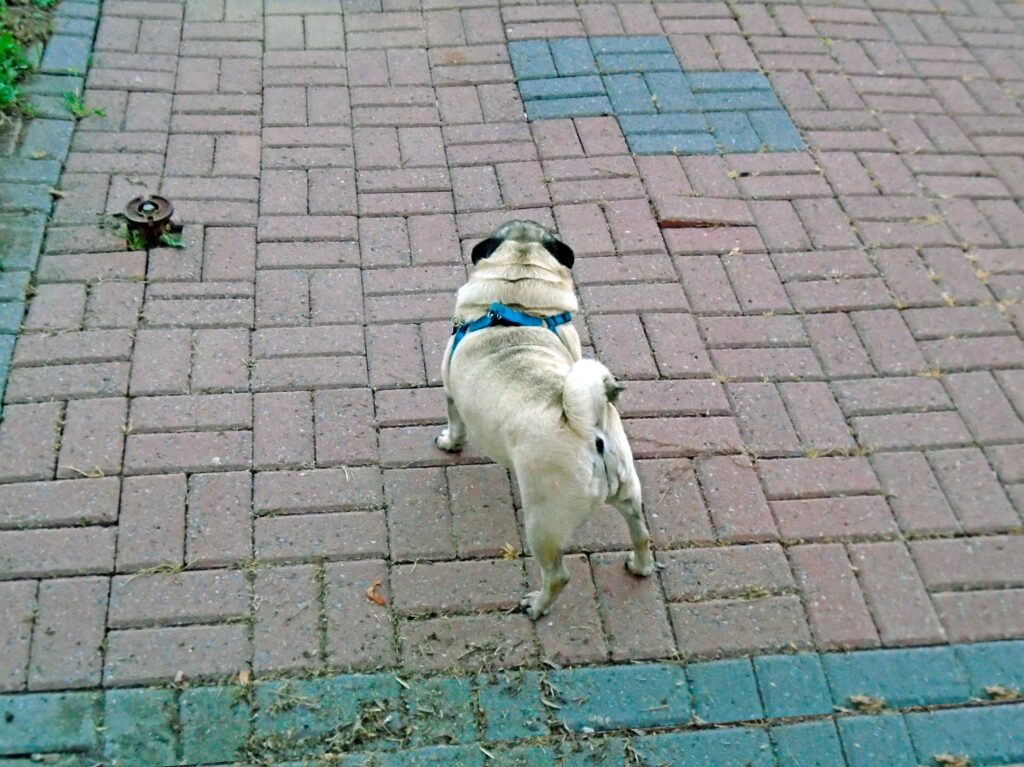As a dog owner, you know that keeping your furry friend hydrated is crucial for their health and well-being. However, it can be concerning when your pup suddenly refuses to drink water. There are numerous potential reasons why your dog won’t drink water, ranging from mild to severe health issues. In this article, we will explore the various causes of this behavior and provide helpful tips on how to encourage your pup to stay hydrated. So let’s dive right in and find out what could be causing your dog not to drink water!
Dog Not Drinking Water
One possible reason why your dog is not drinking water could be due to the quality or temperature of the water. Just like humans, dogs can be picky about their water sources and may refuse to drink if it tastes or smells off. Try changing up the location of the water bowl or using a different type of container to see if that makes a difference.
Another potential cause for your dog’s lack of interest in water could be related to its diet. If they are eating wet food or getting enough moisture from other sources, such as fruits and vegetables, they may not feel as thirsty throughout the day. However, it’s still important to encourage them to drink water regularly.
Stress and anxiety can also impact a dog’s desire for hydration. Changes in routine, new environments, or loud noises can all make your pup feel uneasy and affect its appetite and thirst levels. Make sure your furry friend has access to clean water at all times and try calming methods like soothing music or aromatherapy if you suspect stress is causing their behavior.
Certain medical conditions such as kidney disease or infections can also lead to dehydration in dogs. If you notice any additional symptoms like lethargy, vomiting, or loss of appetite along with decreased thirst levels, it’s essential that you seek veterinary care immediately.
POTENTIAL CAUSES FOR WHY YOUR DOG WON’T DRINK WATER
There are many reasons why your dog may not be drinking water. One potential cause is illness or pain, which can make it difficult for your pup to swallow or drink. If you notice any other symptoms such as lethargy, vomiting, diarrhea, or loss of appetite in combination with not drinking water, you should take your pet to a veterinarian immediately.
Another possible explanation could be environmental factors such as the temperature and humidity levels in the house or outside. Dogs prefer cool and freshwater sources so make sure their bowl is always clean and filled up regularly. Additionally, some dogs have food preferences just like humans do – they might not like certain types of bowls or glasses that affect how the water tastes.
Stress and anxiety can also lead to decreased appetite and thirst in pets. If there has been a change in routine lately (such as moving homes), this could be causing your furry friend stress leading them to avoid food and fluids.
In summary, figuring out why your dog isn’t drinking enough water requires observation of their behavior along with consulting with a vet if necessary.
Read More: Why Do Dogs Roll in Dead Animals?
HOW TO HELP A DOG WHO WON’T DRINK WATER
If your dog is not drinking water, it can be a cause of concern for any pet owner. Dehydration can lead to many health issues in dogs, including kidney problems and other serious conditions. Here are some ways to encourage your dog to drink more water:
1) Offer clean and fresh water – Dogs prefer cool and clean water over stagnant or warm water that has been sitting out for too long.
2) Change the bowl location – Sometimes changing the location of their bowl or providing multiple bowls throughout the house may help entice them to drink more.
3) Add flavoring – Adding low-sodium chicken broth or bone broth can make the water taste better for your pup.
4) Try wet food – Wet food contains more moisture than dry kibble, which can help keep your dog hydrated.
5) Visit a vet if necessary – If you have tried everything else and still cannot get your dog to drink enough, it might be time to consult with a veterinarian as there could be an underlying medical issue causing this problem.
Remember, always provide plenty of fresh drinking options around the house and monitor how much they are drinking daily.

Final Notes
If your dog is not drinking water, it could be due to various reasons. As a responsible pet owner, it’s essential to identify the cause and take necessary measures to keep your furry friend hydrated.
Remember that prevention is better than cure. Ensure that you clean your pup’s water bowl regularly and provide fresh water at all times. Also, make sure that they are getting enough exercise and a well-balanced diet.
If you notice any unusual behavior or symptoms from your dog related to their drinking habits, don’t hesitate to contact your vet immediately. They can accurately diagnose the issue and provide appropriate treatment for their recovery.
In summary, always pay attention to your dog’s hydration levels as dehydration can lead to severe health problems if left unchecked. With proper care and attention, you can ensure that your furry friend stays happy, healthy, and hydrated throughout their life!

